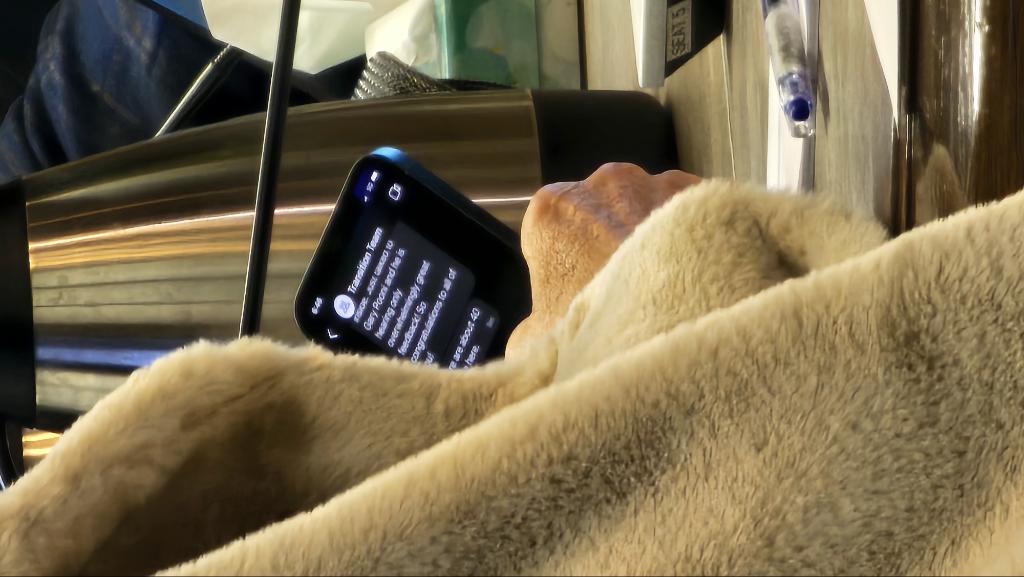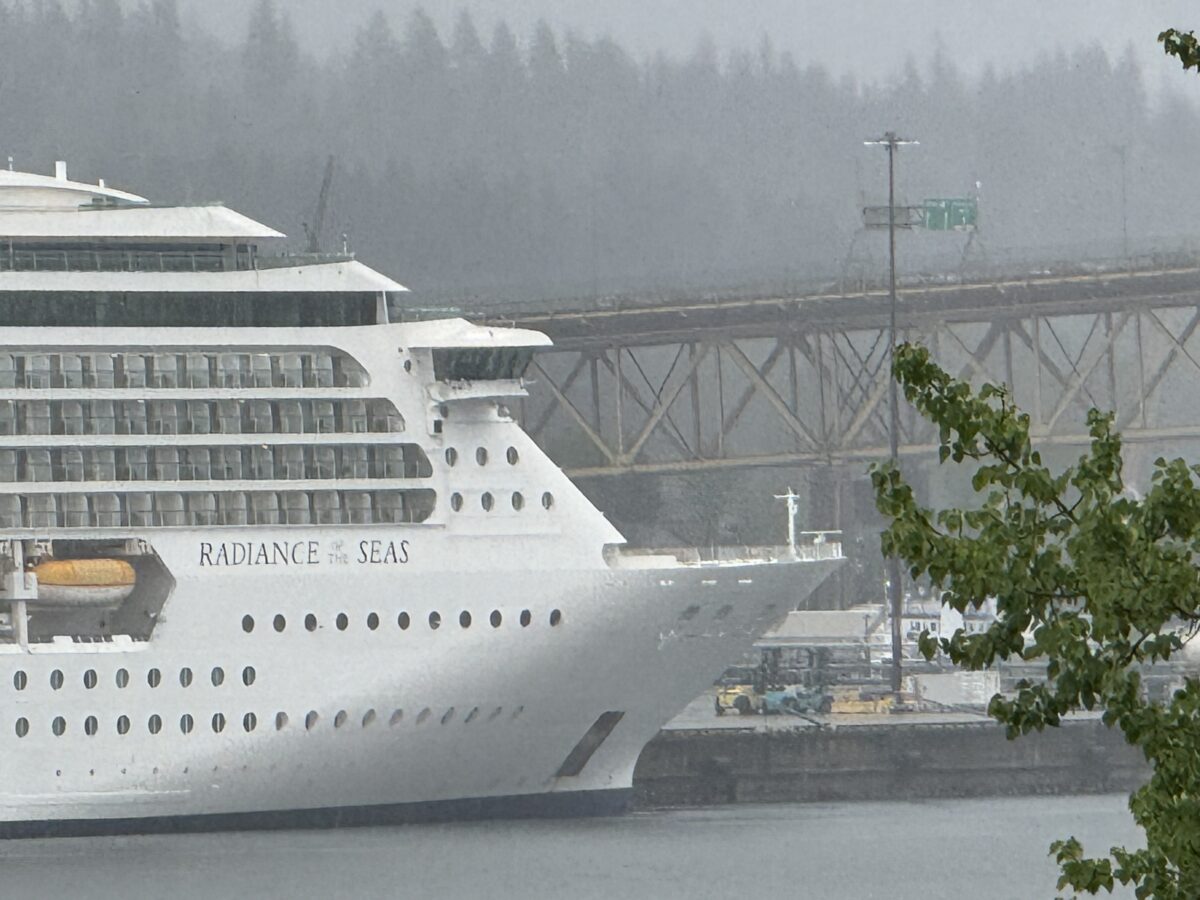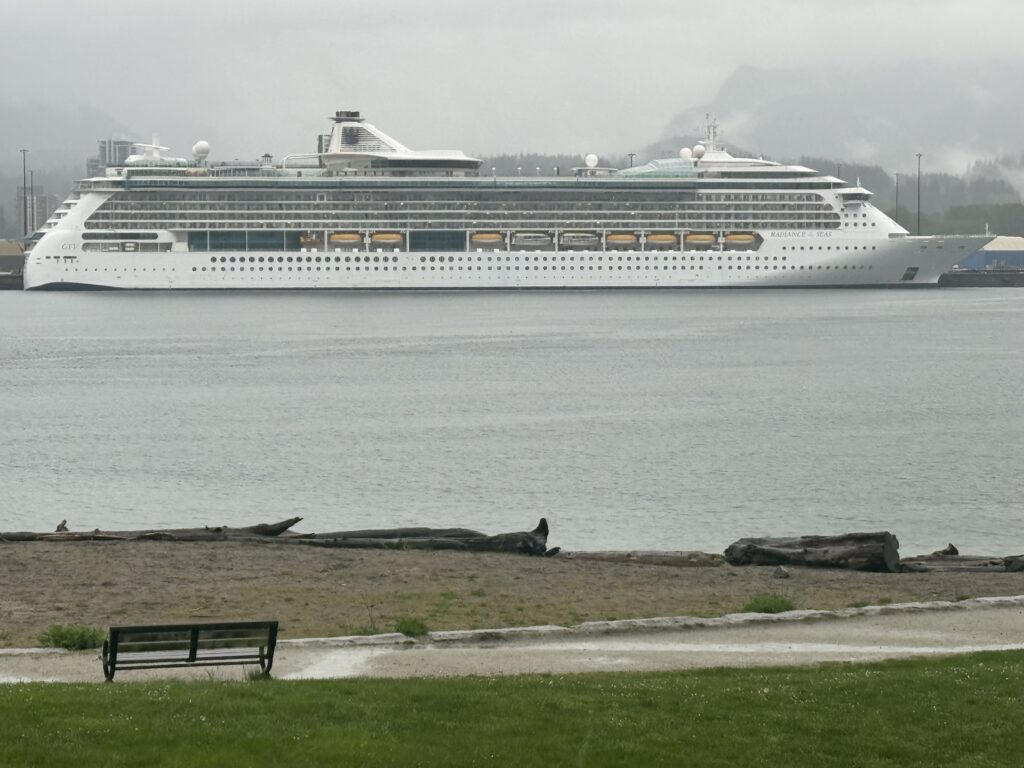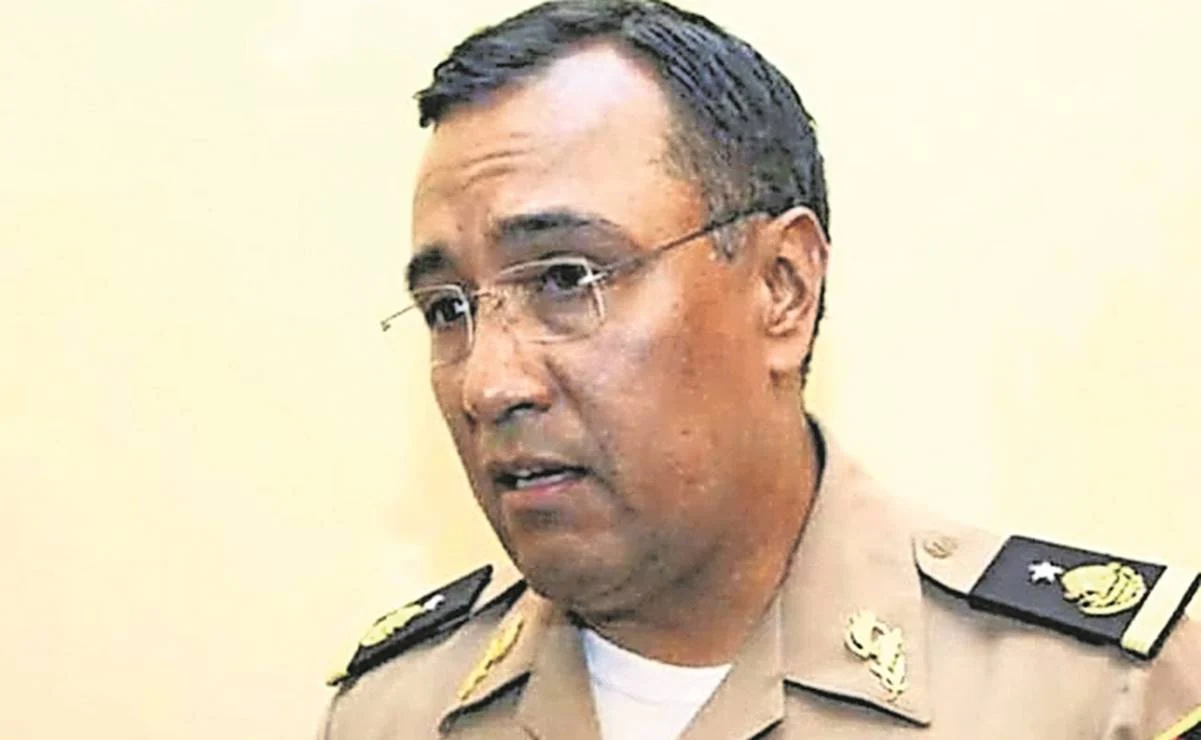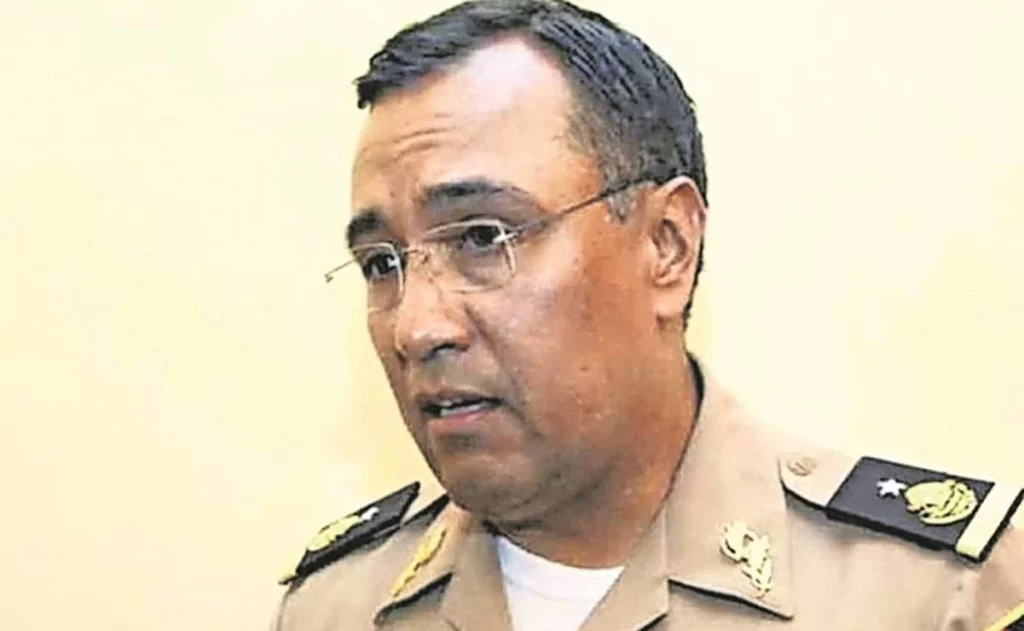ABC Park Board commissioner admitted “Transition Team” messages were deleted
Bob Mackin
The Vancouver Park Board commissioner photographed using a messaging app during the Dec. 11 public meeting admitted privately that the messages were deleted.
Comm. Marie-Claire Howard was communicating under the heading “Transition Team” at the first open meeting since her party’s leader, Mayor Ken Sim, announced Dec. 6 that he would ask the NDP provincial government to dissolve the elected park board.

Sarah Blyth-Gerszak’s photographs from the Dec. 11, 2023 Park Board meeting (SarahBlyth/X)
While the meeting was in progress, ex-commissioner Sarah Blyth-Gerszak posted photographs on X, formerly Twitter. One of them showed a discussion that mentioned development consultant and ABC party donor Gary Pooni. It said Pooni had heard “overwhelmingly great feedback,” but did not mention the subject of the feedback.
City hall’s Feb. 13 response to a freedom of information request for copies of the messages said no records exist anymore and, if they did, they would not be released because they did not relate to city business.
A subsequent request for internal communication about how the request was handled yielded email between bureaucrats and elected officials, including Howard.
“The text you believe was captured in the photograph was not related to city business. It was a private matter and not subject to access by the city or through FOI,” she wrote Jan. 30 to city manager Paul Mochrie, park board general manager Steve Jackson and FOI office manager Cobi Falconer.
“In any event, the text was destroyed automatically based on the platform’s routine self-destruct mechanism.”
Howard, a former journalist, did not elaborate about the topic of the messages. She has not responded for comment.
Blyth-Gerszak posted another photograph from that night on March 16. It showed the names of Comm. Angela Haer and Christy Thompson on Howard’s screen, reacting to Blyth-Gerszak’s original post.

Marie-Claire Howard (left), Christy Thompson and Angela Haer. (Park Board/ABC)
“That’s Marie Claire Howard’s hand,” Haer wrote.
Replied Thompson: “Oh! I thought it was mine.”
Thompson is the executive director of Howard and Haer’s party, ABC Vancouver. She also did not respond for comment.
On Feb. 7, board support and meeting assistant Jessica Kulchyski wrote Haer, to confirm “with all recipients of the message that it does not relate to business of the city and that any record of the message has not been retained.”
Haer responded the next day: “The chats don’t relate to city or park board professional business. And chats do delete immediately and nothing is retained.”
In an interview, a reporter asked Haer what the topic of the discussion was, if it was not about public business.
“I don’t remember, it was a long time ago, but those are private phones,” said Haer, who is seeking the Conservative nomination in the federal Vancouver-Granville riding against Marie Rogers, who stepped down as chair of ABC.
In a 2013 directive, the Information and Privacy Commissioner said use of a personal account does not absolve a public official from the duty to disclose records under the Freedom of Information and Protection of Privacy Act. As a general rule, Elizabeth Denham wrote, any email that a public employee sends or receives as part of employment duties will be a record under the public body’s control, even if a personal account is used.
“The Supreme Court of Canada has said that where a record is not in the physical possession of a government institution, it will still be under its control if these two questions are answered in the affirmative,” Denham wrote. “Do the contents of the document relate to a departmental matter? Could the government institution reasonably expect to obtain a copy of the document upon request?”
Section 65.3 of B.C.’s FOI law also states that “a person who wilfully conceals, destroys or alters any record to avoid complying with a request for access to the record commits an offence.”
The maximum fine, upon conviction, is $50,000.
Support theBreaker.news for as low as $2 a month on Patreon. Find out how. Click here.
Bob Mackin The Vancouver Park Board commissioner photographed






